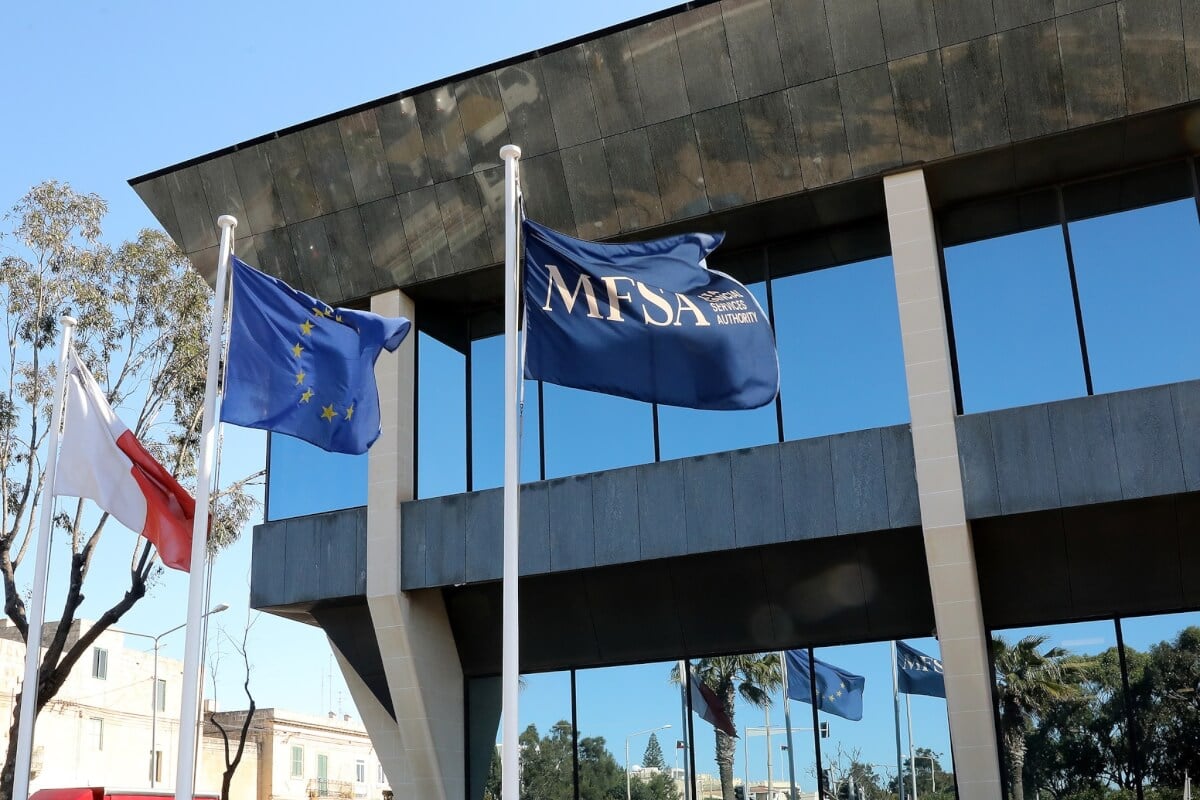Malta Rejects EU Push to Hand Crypto Oversight to ESMA


Malta Opposes Expanding ESMA’s Role
“We believe that centralisation at this stage would only introduce an additional layer of bureaucracy, which could hinder efficiency during a period when the EU is actively striving to enhance its competitiveness,” the MFSA said in emailed comments.
Investor Takeaway
France’s Hardline Warning on Passporting
The push for ESMA oversight comes later than France’s regulator, the Autorité des Marchés Financiers (AMF), warned it may challenge licences granted by other EU states. Under MiCA, firms can apply for authorisation in one member state and “passport” it across the bloc. France argues some companies are exploiting lighter regimes to gain easier access.
AMF chief Marie-Anne Barbat-Layani told Reuters that France could consider refusing such passports—calling it an “atomic weapon” that would threaten the EU’s single-market principle but remains on the table.
Legal Experts Split on Feasibility
Lawyers are divided on whether France could follow through. Marina Markezic of the European Crypto Initiative said that while blocking passporting is legally complex, it is technically possible. She warned that the debate signals “growing tensions over how MiCA should be enforced.”
But others disagree. Edwin Mata, lawyer and CEO of Brickken, argued that “legally, the AMF cannot block a duly MiCA-licensed entity from operating in France.” He noted that MiCA, as a regulation, applies uniformly across the EU, leaving no room for unilateral bans. Instead, France can monitor conduct, raise concerns, and escalate to ESMA, but not directly bar licensed companies.
Mata suggested the AMF’s comments serve more as a warning to firms trying to structure products under MiCA that should fall under MiFID II, Europe’s securities market framework.
Investor Takeaway
MiCA’s Growing Pains
MiCA was designed to harmonize digital asset regulation across the EU and came into effect in 2024 for service providers. But its rollout has exposed inconsistencies in how national regulators apply the rules. France, Italy and Austria argue this fragmentation risks investor protection, while Malta insists decentralised supervision avoids red tape.
Any shift to centralised oversight at ESMA would require legislative changes to MiCA, reopening political negotiations that could bring further uncertainty for the industry. For now, crypto companies face a patchwork of interpretations, with their ability to scale across Europe dependent on how the passporting debate unfolds.







